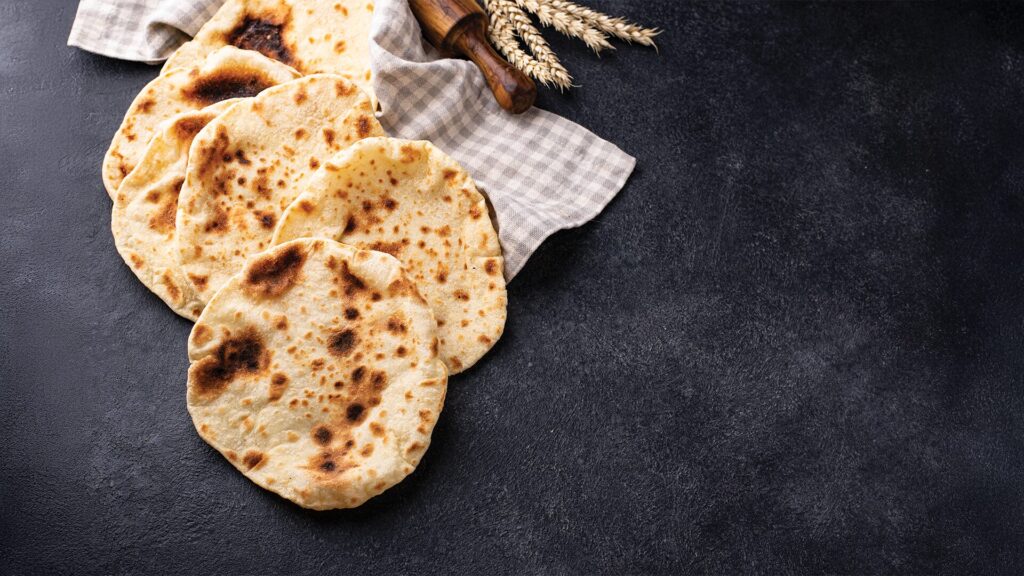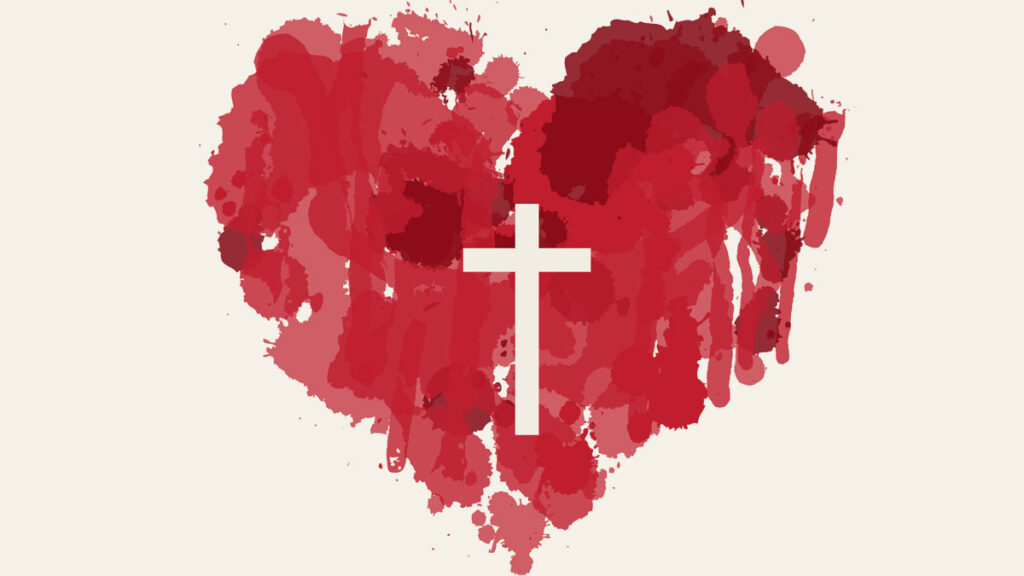James Harrison, known as the Man with the Golden Arm, was an Australian who held the world record for giving blood, donating blood 1173 times across 60 years of life. He passed away recently on February 17, 2025, but has been credited with saving the lives of 2.4 million babies through his blood plasma donations! His blood donations were used to create anti-D medication, a vital treatment for preventing a potentially fatal disease called hemolytic disease of the newborn, where a pregnant mother’s immune system attacks her baby’s blood cells.
Holding this record was no minor accomplishment, but as he rolled up his sleeve to give blood for the last time at the age of 81, he said, “I hope it’s a record that somebody breaks, because it will mean they are dedicated to the cause.” Over his entire life of donating blood, James Harrison never received payment in any form; for him, giving blood was exactly that—a gift.
Blood donors are never paid for their blood, and there are no conditions placed on who that blood will be given to. When someone consents to give blood, there isn’t a clause to say that your gift of blood is going to a worthy recipient. There is no opportunity to request that your blood only be used for kind, loving, respectable and upright citizens who don’t break the law, don’t beat their wives and children, never speed or run a red light or make fraudulent claims to the tax office. There is no opportunity to ask that your blood be withheld from drug dealers and sex workers, or people who vote differently from you. Your blood is to be freely given to whomever needs saving.
While there are no conditions on who can receive blood, there are certain conditions on who can give blood. Individuals who donate their blood must be free from diseases and illnesses, and not have been exposed to certain diseases like malaria or Creutzfeldt-Jakob disease (mad cow disease). Even things like low iron, sexual activity, travel and certain medications can be barriers to prevent someone from giving blood. The reason for this is because the people on the receiving end of a blood donation are often sick and need the best quality or healthiest blood possible to get better. And some blood is better than others—James Harrison, for example, had a unique “Golden” blood type which made him the perfect donor for saving millions of lives.
Easter, which is celebrated by a long weekend, is often a time when I hear the plea on TV and radio news programs for people to donate blood. “Blood Saves Lives”, “Give Blood, Give Life”, are just some of the slogans used to promote the cause. I have often been the recipient of letters from the Red Cross Blood bank suggesting that with my highly sought after blood type (O-), this might be a good time to make an appointment and come help top up their supplies.
Sometimes these calls are accompanied by statistics telling us of low blood stocks and how much is needed to be prepared for the coming holiday traffic, which inevitability comes with the sorrow of road accidents and the need for blood to save lives. Three out of every 100 people in Australia give blood, and yet one out of every three of us will need it over the course of our lives. If you think of the maths, 3% are giving for 33.33%. Alternatively, 97% of the community rely on 3% of the community to keep the blood banks full. Little wonder that we hear the call for blood donors, because blood saves lives.
Easter gives us the wonderful opportunity to reflect on Jesus Christ, the One, true universal Donor. His blood, shed over 2000 years ago, His pure cleansing “Golden” blood, can save everybody. It doesn’t matter where you are from, what you have done or what you have not done. It doesn’t matter the colour of your skin or your amount of education, His blood was freely given for you. His blood is sufficient for all.
Kathy Burns grew up in India, the youngest of five in a missionary family. She has lived in six countries, and her passion is overseas walking holidays with her husband Doug. They are both retired and have just become grandparents.






